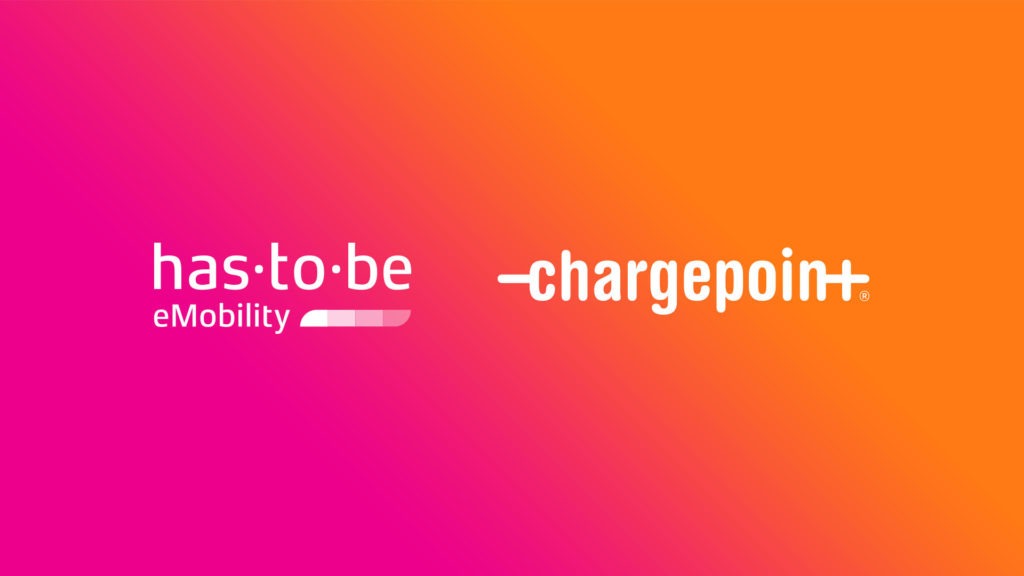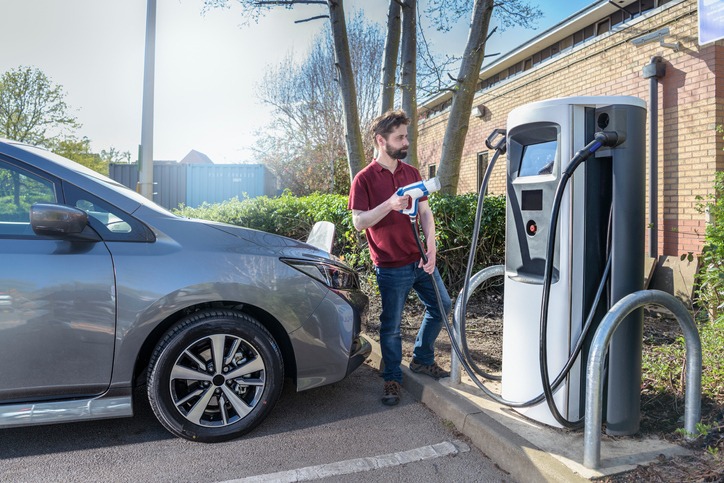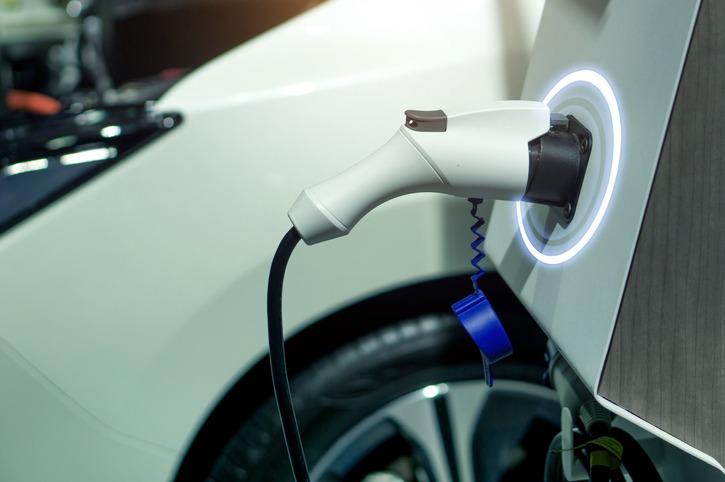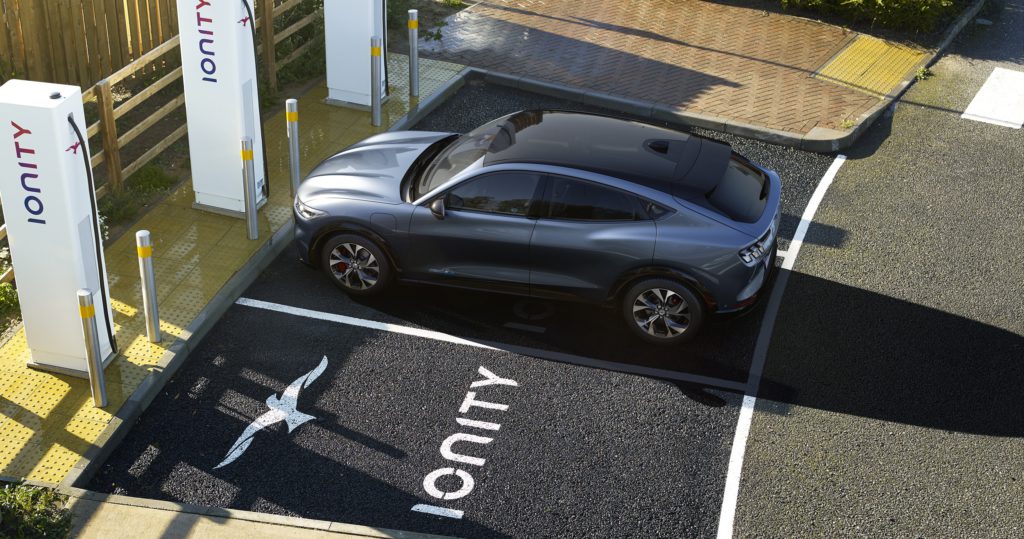Germany extends funding for electric-charging wallboxes with €300 million
22 July 2021
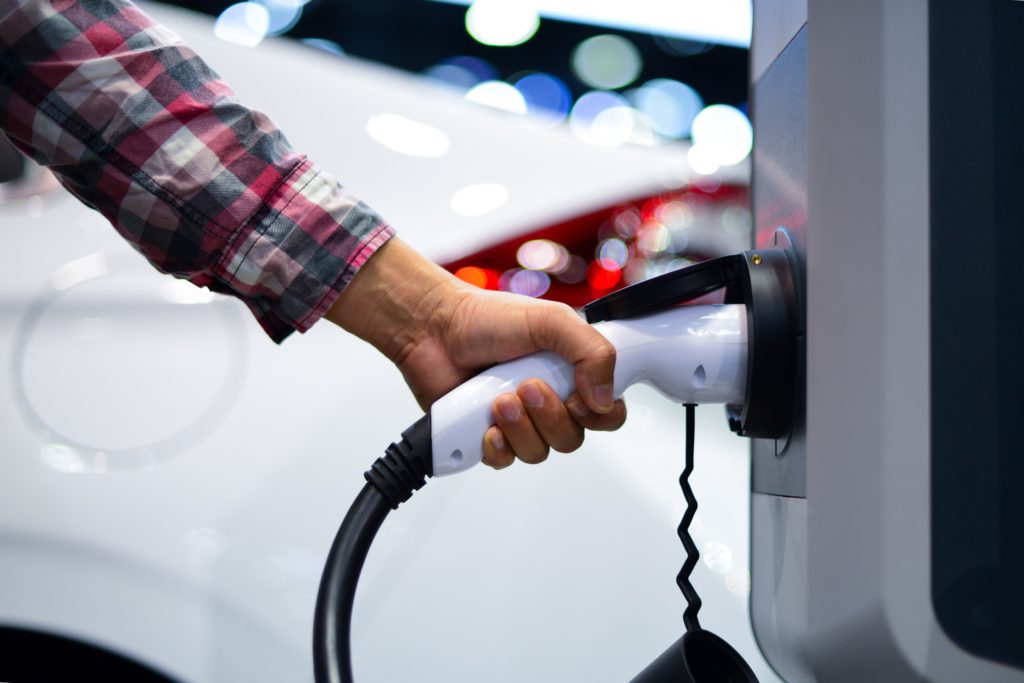
Funding for private wallboxes in residential buildings has been extended in Germany. An additional €300 million has been added to the scheme, whose current available Federal funds now total approximately €800 million.
This money will be used to support the purchase and fitting of essential electrically-chargeable vehicle (EV) infrastructure. Applicants will be able to apply for a grant of €900 per charging point to offset their costs post-installation.
‘Over half a million applications’
The scheme focuses on private individuals, apartment owners’ associations, housing companies and property developers. It affords them the opportunity to set up an EV-charging station in areas of self-used or rented residential buildings.
As of July 2021, more than 620,000 charging points have been applied for under the scheme, an average of 2,500 submitted every day. ‘German citizens can again secure a €900 grant from the federal government for their own charging station at home. Over half a million applications show the enormous demand for this funding,’ said federal minister of transport Andreas Scheuer.
‘I would like to thank Olaf Scholz, who has made a further €300 million available to us so that we can continue our wallbox funding. Charging must be possible anywhere and anytime. A nationwide and user-friendly charging infrastructure is a prerequisite for more people to switch to climate-friendly e-cars,’ Scheuer added.
Figuring out funding
Under the scheme, funding is provided to purchase and construct a brand new, not publicly-accessible charging station, including the grid connection and associated ancillary work. Autovista24 approached both the Federal Ministry of Transport and Digital Infrastructure (BMVI) and promotional bank KfW, to ask whether successful applicants would be able to register their charging point on a shared network, such as JustPark, but neither were able to provide an answer prior to publication. *Update below*
Funding takes the form of an investment grant transferred directly to the applicant’s bank account after the project has been completed. While the flat rate is set at €900 per charging point, no funding will be approved if the total costs fall below the grant amount. When calculating the total costs, the following services can be considered:
- An eligible charging station
- Management system for controlling stations
- Electrical mains connection
- Necessary work for electrical installation such as earthworks.
Assessing incentives
Europe is undergoing a catalytic moment of change to zero-emission transportation. New green vehicles require new green infrastructure. While purchase incentives might help lower initial costs, adoption rates across the continent will struggle if consumers and businesses do not have access to infrastructure. So schemes like Germany’s have the potential to plug a private gap.
‘The continuation of this programme is a good signal. The funding programme for private-charging stations is a bridge to electromobility,’ said Johannes Pallasch, spokesperson for the management team of the National Charging Infrastructure Control Centre. ‘The results of a KfW customer survey show that 45% of the applicants do not yet have an electric car, but 93% of them plan to buy one within the next three years. The programme thus also relieves the public charging infrastructure during the current ramp-up.’
But assisting with the setup costs at private residences is only half the answer. Public charging is still needed for trips away from home, or for those who live in locations where infrastructure installation is not possible. If EU member states like Germany hope to live up to the recently published Fit for 55 proposals, efforts like these will not only need to be continuous but holistic.
*Update*
Following the initial publication of this article, a spokesperson for the German Federal Ministry of Transport and Digital Infrastructure sent this statement to Autovista24.
‘The German federal government considers the funding program for the installation of private charging infrastructure to be a great success. The enormous demand shows how great the readiness to convert to electromobility has become within the population.
‘Within the subsidy program for private charging facilities, only private wallboxes that are installed at parking spaces of a residential building and are used exclusively for charging own or self-used electric vehicles are eligible for subsidies. Failure to comply with these conditions may result in loss of eligibility.
‘In addition, different energy and tax regulations apply between suppliers and consumers, that have to be taken into account, when supplying electricity to third parties.’
